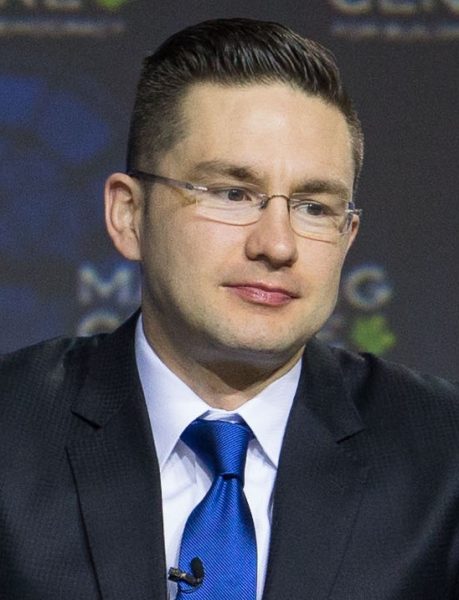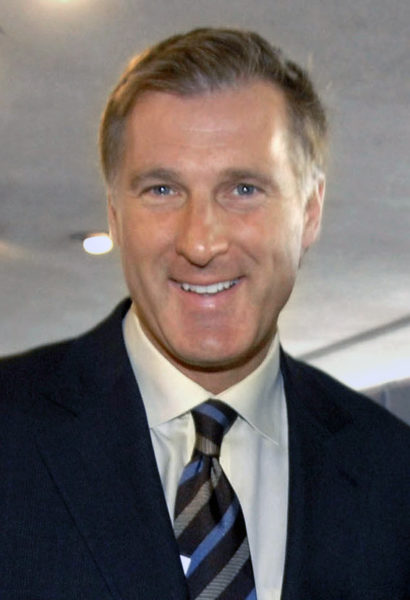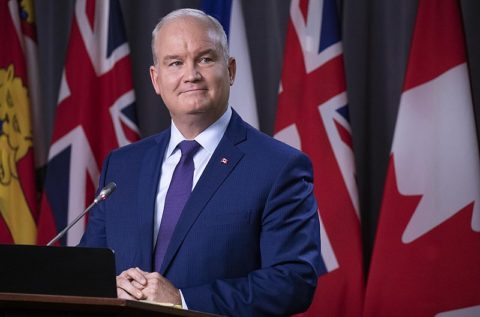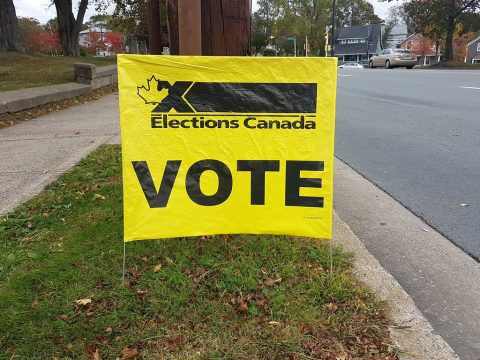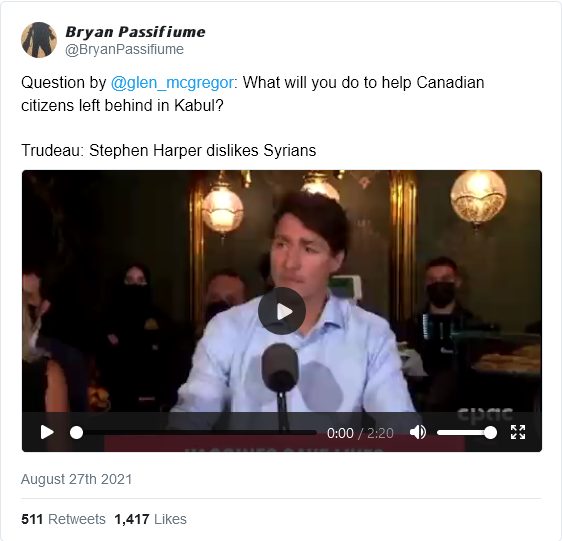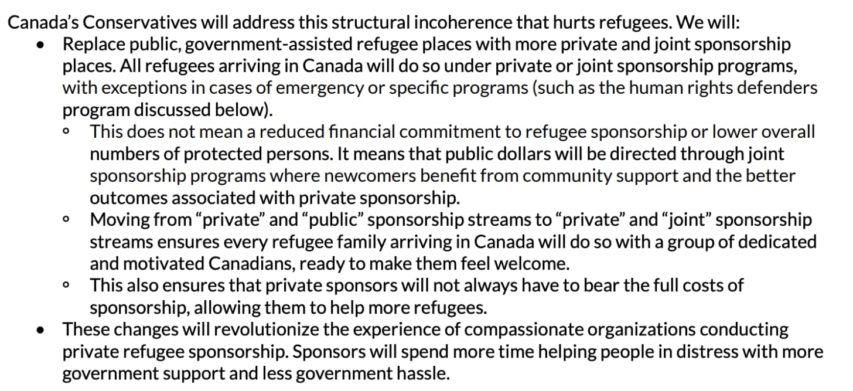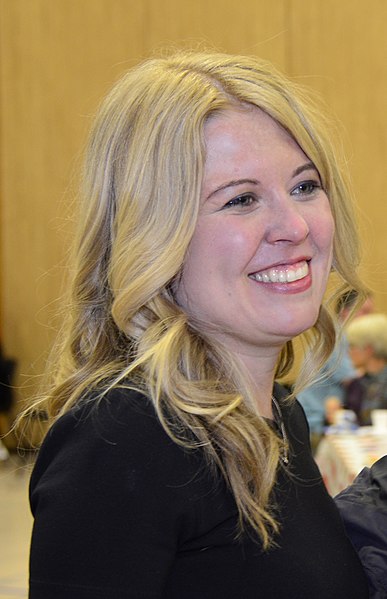On Tuesday morning, David Warren had some suggestions for reconstructing Ottawa since the truckers seemed to be doing a lot of useful civic work voluntarily:
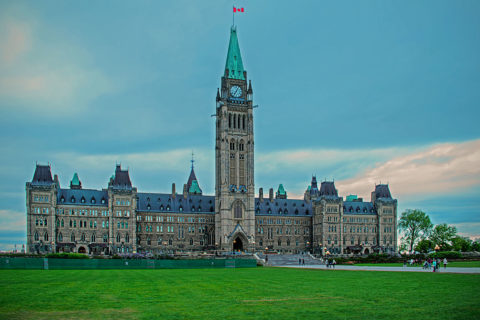
Parliament Hill in Ottawa.
Photo by S Nameirakpam via Wikimedia Commons.
The Ottawa police chief is an embarrassment, but he seems to validly represent the more tight-assed ratepayers, who have objected to the honking of the big trucks; and the ratepayers are an embarrassment, too. (I’ve tried to warn my readers against the perils of democracy.) The chief cop’s theatrical effort to impound some fraction of the Freedom Convoy’s fuel supply, to demolish their food kitchens, and hand out tickets for things like not having licences on their garbage-collecting carts, is now on display. The nominal mayor of Ottawa, who apparently serves under the police chief, is another thoroughgoing jackass.
I once worked out of Ottawa myself; it is our national capital, I was told. And it is where I acquired my notion of the profound corruption that is brought to that town by the Liberal Party — who dominate its bureaucracies whether they are in or out of power. The arrogance, of the gliberal hot-shots, as well as their extravagant waste and incompetence, has left marks on all the Ottawa institutions, and a good place to begin a clean-up would be by “cancelling” the civil service. (They could be taught to load trucks, instead.)
Too, we should defund the municipal police, or more precisely, replace them. A new police force might possibly be funded just by selling off the spiffy vehicles of the old force (after the cost of repainting them), and their dapper “Zomo” gear might fetch a pretty penny in the costume shops.
The truckers have been polishing the streets, removing even cigarette butts and gum wrappers. They have been guarding the Terry Fox statue on Parliament Hill, and could be asked to mind those of all the other defunct worthies, and slaveholders. (There weren’t any up here, as slavery was outlawed in Upper Canada from the start of the Loyalist settlement, but we can pretend.) Sir John A. Macdonald, our hard-drinking and politically incorrigible founding prime minister, may need special protection.
Among the beneficial effects of the truckers’ protest was to catalyze the ouster of “conservative” “leader” Erin O’Toole:
In the last few months, support for O’Toole from different wings of the party seems to have quietly eroded. A fight over legislation banning conversion therapy was one part of this, particularly the way that senior leadership reportedly sprang a surprise unanimous consent motion in parliament to quickly rush it through, much to the surprise of most of the caucus and especially to an important former supporter of O’Toole and important social conservative within the party, Garnett Genuis, who happened to be (conveniently for party leadership) out of the country on party business at the time. Genius was one of the key supporters of O’Toole who got him elected, but was one of many who appears to have flipped away from O’Toole towards the end.
In the last week of O’Toole’s leadership, a truck convoy opposing Covid measures that has essentially set up camp in parts of downtown Ottawa around Parliament Hill has divided the caucus, with O’Toole constantly shifting positions on it to the satisfaction of absolutely no one. This inability to clearly define and stake out a position was ultimately probably what ended his leadership. As I wrote last week in the National Post, “It has become harder and harder to defend O’Toole because it is increasingly hard to know what you’re defending when you do so. O’Toole seems unable, or unwilling, to clearly articulate positions and even when he does he often ends up backtracking a few days later.”
With O’Toole out, the Conservatives have selected a Manitoba MP and the deputy leader of the party, Candice Bergen, as the interim leader. The race to replace O’Toole is, as of right now, up in the air, with rules and candidates all still to be announced. The presumptive frontrunner is the shadow finance minister, Pierre Poilievre. He is extremely popular amongst the Tory base, unapologetic, and easily the party’s most gifted and talented communicator. He has strong name recognition already, and if he runs will be the clear favourite. Other names being thrown around are previous candidates Peter MacKay and Leslyn Lewis, current MPs Michelle Rempel-Garner and Michael Chong, and the mayor of Brampton Patrick Brown.
A Liberal backbencher has broken ranks with Justin Trudeau to call for an end to the Wuhan Coronavirus restrictions and a return to normal life for Canadians:
The federal government needs to quickly offer a road map for the lifting of COVID-19 restrictions, according to Quebec Liberal MP Joël Lightbound, citing mental health concerns from pediatricians and the parents of depressed children, and the inability of many to earn a living from a “MacBook at their cottage.”
Lightbound, MP for Louis-Hébert, chair of the industry committee and the Quebec Liberal caucus, and a former parliamentary secretary to the finance minister, said the Liberal government has changed in policy and in tone since last year’s election campaign and appears unwilling to adapt to the evolution of the pandemic.
“Now the approach stigmatizes people and divides people,” he told reporters this morning, pointing to the loosening of restrictions in European countries with lower vaccination rates than Canada.
Lightbound said he raised his concerns in caucus to Prime Minister Justin Trudeau, but owes it to constituents to publicly voice his concerns and is ready for potential political consequences for speaking out.
But, he added, other Liberal MPs share his concerns and the party has historically been “open for dissent and different opinions.”
Matt Gurney‘s second day report from the streets of Ottawa isn’t as upbeat as yesterday’s installment:
My second report (of three planned) from Ottawa will be a grimmer read than the first. But we might as well start with a moment or two levity, of a kind.
On Tuesday afternoon, I returned to the site of the main protest, on Wellington Street, right along the southern side of Parliament Hill. The crowd was, in a general sense, the same as described in my first dispatch. The barbecues were going, the coffees were being poured, and the speeches were being made off the back of a flatbed truck, with a large Canadian flag, suspended from the chain of a large mobile crane hanging over it. The crowd had been entertained for some time by some singing, mostly of upbeat recent-ish pop hits. The singer was enthusiastic, positive, cheerful and, alas, not very good. She got plenty of applause anyway, especially each time she did a shout out to “Freedom!”
And then things got weirder.
One of the main responses to my first dispatch was skepticism that a tall white dude who easily blends in with the protest crowd was getting a “representative” view at the protest site. I shared that concern! And I was really explicitly clear about that in the first piece. You can take my reporting with all the lumps of salt you want. I am indeed a white dude, and so is almost everyone else at the protest site. It’s not universally white, but it’s overwhelmingly white. People wanted to know if my experience would have been different if I were a woman, or a person of colour, or wearing a mask, or any combination of those. I am also curious about that. I just don’t know, and can’t know. But I did make a point today of watching how anyone who was wearing a mask, or a person of colour, or a woman fared in the crowd. In my two hours on site today, I observed no problems. I don’t draw any conclusions from that, nor do I deny that it might take some bravery to walk through that crowd as a masked woman of colour. But in terms of what I saw, that’s all I can honestly tell you.
[…]
It’s a different place at night. Not in a good way. I got there around 8 p.m. or so on Monday. The streets had almost emptied out. Most of the office workers had gone home by then, I guess. The cheerful revellers had cleared out, too. The music had stopped, the folding tables mostly cleared and put away, and the encampment was quiet. The roving police patrols I’d noticed keeping such an overt presence during the day were gone as well. Instead, the officers had pulled back, way back, and taken positions on the streets and at intersections around the protest site. I saw one foot patrol go in, but just one, and not very far.
By 9:30 p.m., as I continued my walk through the area, there was a very clear difference between the vibe on either side of the police positions. Outside, the city was quiet — the horns had stopped, and there were no fireworks, and it felt like a pretty normal Canadian city. People milled about walking their dogs or picking up food. The nicotine addicts puffed away outside doorways of condo towers and office buildings.
Inside those cordons, though, things were not so good.


